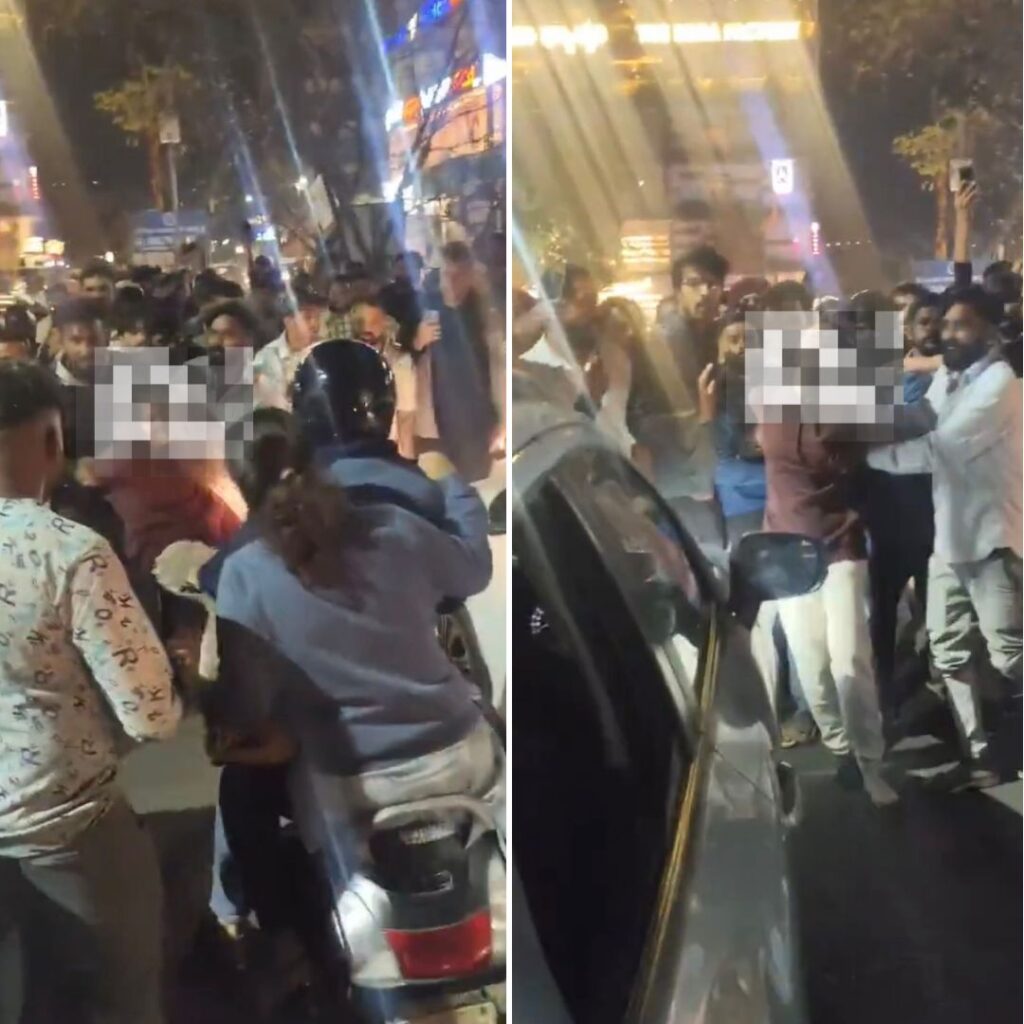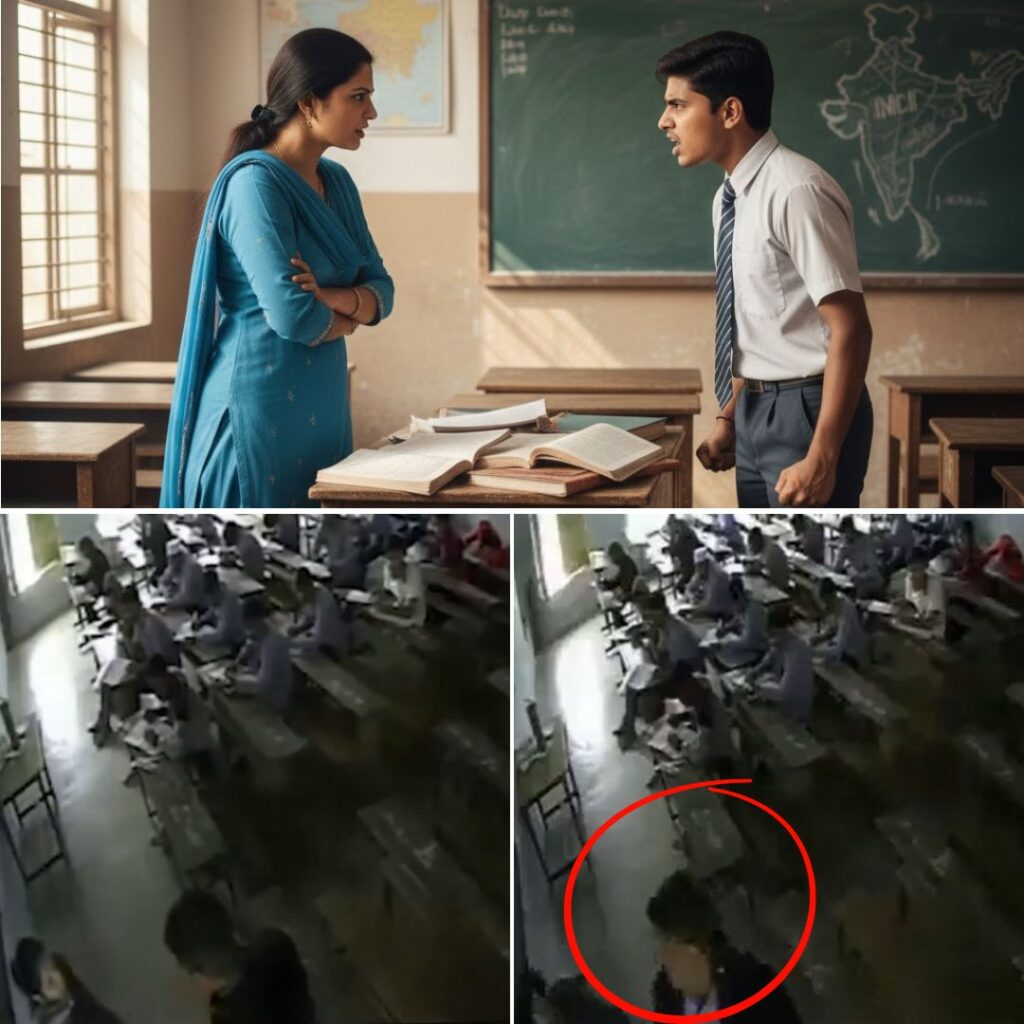If you are a resident of Mumbai, chances are that you have seen her on the streets with her noise pollution meter during festivals, on the occasion of No Horn Day or near silent zones in the city.
At the forefront of the issue of noise pollution, Sumaira Abdulali has helped Mumbai become quieter.
“It is a very unexciting story,” was her humble reply to the question – why noise pollution?
“I was home with my children and I wanted to do something. My uncle was working near a marriage hall close to his house in Alibaug. He was a part of a High Court appointed committee on noise and therefore, his inputs were part of noise rules in 2000. I offered to help him with typing,” she said; and, thus, began her journey as an activist against noise pollution.
Awaaz Foundation
In 2002, Abdulali had started working with her uncle on noise pollution and in 2003, they filed a Public Interest Litigation (PIL) and got an order on silent zones.
“After this, I started receiving so many calls from people who told me of their problems with noise. I then released how big the issue was and tried to get the court order implemented. During this time, I thought that a more formal set up is required. In February 2006, the Awaaz Foundation was set up.”
Awaaz Foundation’s pioneering Noise Pollution campaign, which started in 2002, has overwhelming public support in Mumbai and is gradually spreading to other parts of India including Benares, Bangalore, Pune and other cities with vigorous citizen-led campaigns, reads the NGO’s website.
In 2007, Abdulali filed another PIL against noise from traffic and construction and for noise mapping of Mumbai.
Awaaz Foundation networks with citizens’ groups and other NGOs and has organized volunteers, offered support, legal advice and education to people suffering from excessive environmental noise. It has independently monitored noise levels of loudspeakers, construction equipment, traffic and firecrackers and interacted with the Authorities to ensure their support and cooperation.
In 2008, because of the NGO’s efforts, the first No Horn Day was held.
For the past several years, Mumbai was the only Indian city to record a decrease in noise levels during Diwali due to increased awareness by Awaaz Foundation.
“This is the fourth Diwali that the noise pollution has dropped in Mumbai because of the awareness spread. Last year, even the police commissioner thanked Mumbai citizens for making this a people’s movement and reducing noise. There were less crackers, especially less noisy crackers,” said Abdulali.
Why there still remains unawareness about noise pollution?
“I think that the attention created around noise pollution by the government and the politicians is not enough. There is also a vested interest in not controlling noise. For example, whenever noise starts reducing – last year, the noise decreased during Ganapati festival because of court orders and people really welcomed the move – but the government itself appealed against it. This is in Mumbai, while in the rest of the country a lot more needs to be achieved,” said Abdulali.
Laws to combat noise pollution exist, but awareness around them is lacking, she continued, adding that Mumbai’s noise pollution level came down because people took a stand. “There were 10 PILs filed last year in Mumbai, out of which two were mine. People from other states have been in touch with me to take up the cause. If everyone comes together then it will systematically come down.”
The issue that Awaaz Foundation is struggling with the most is vehicular noise.
“The government is supposed to file an action plan in this regard because previous plans have not been adequate. In the meantime, what we are doing as an NGO is awareness drives. I have noticed that when one takes a rickshaw or an auto in Mumbai then the drivers refrain from honking. When asked why they said sar dukhta hai (head starts paining). I cannot say that no one has learned. While a lot of people honk unnecessarily, there are also many who don’t,” explained Abdulali.
Not just noise pollution, but Awaaz Foundation has taken up other issues also such as illegal sand mining, illegal construction, mining in bio diverse forests, marine pollution and oil spills, eco friendly festivals, protection of trees and on civic issues such as laws on tobacco sale to children. Abdulali convened an NGO movement for the protection of public-interest activists, ‘Movement against Intimidation, Threat and Revenge against Activists’ (MITRA).
Sand mining
The beach near Abdulali’s house in Alibaug was being illegally encroached upon. She took up the cause, she thought it to be a local issue. “I wanted to save the beach near my home,” said Abdulali.
“Both noise pollution and sand mining have been issues that I happened to stumble upon and these are crucial issues that not many are aware of. When I had gone to authorities, even they were unwilling to accept how serious it was,” she continu…












